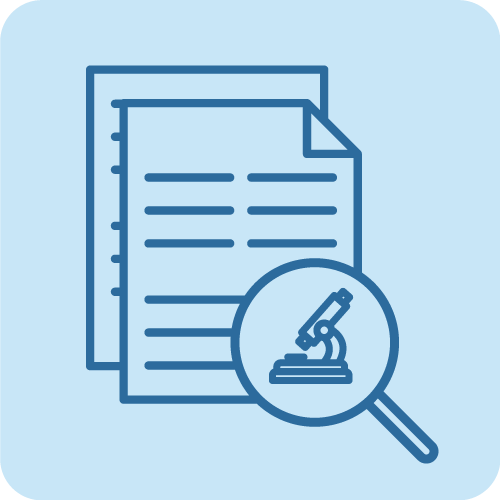Digital evolution
Studying evolution in the lab provides valuable insights but is often constrained by long timescales and experimental limitations—even fast-replicating microbes may require a week or more to produce meaningful results. Digital evolution offers a powerful alternative: it uses self-replicating computer programs, or digital organisms, that evolve in user-defined environments. This interdisciplinary approach retains key strengths of laboratory experiments, such as controlled conditions, fitness tracking, and the ability to replay evolutionary processes, while overcoming logistical constraints. It also offers unique advantages, including complete access to genomes, precise tracking of interactions, accurate population metrics, and fully resolved phylogenies. These features enable high-resolution, error-free, and scalable studies of evolution. Avida, the leading platform in digital evolution, has advanced our understanding of complex traits, genome architecture, robustness, evolvability, and adaptive radiations, and its expanding capabilities now support the study of coevolution, further broadening its scientific impact.
Members (researchers): Miguel Angel Fortuna
Research Groups: Computational Biology at EBD

